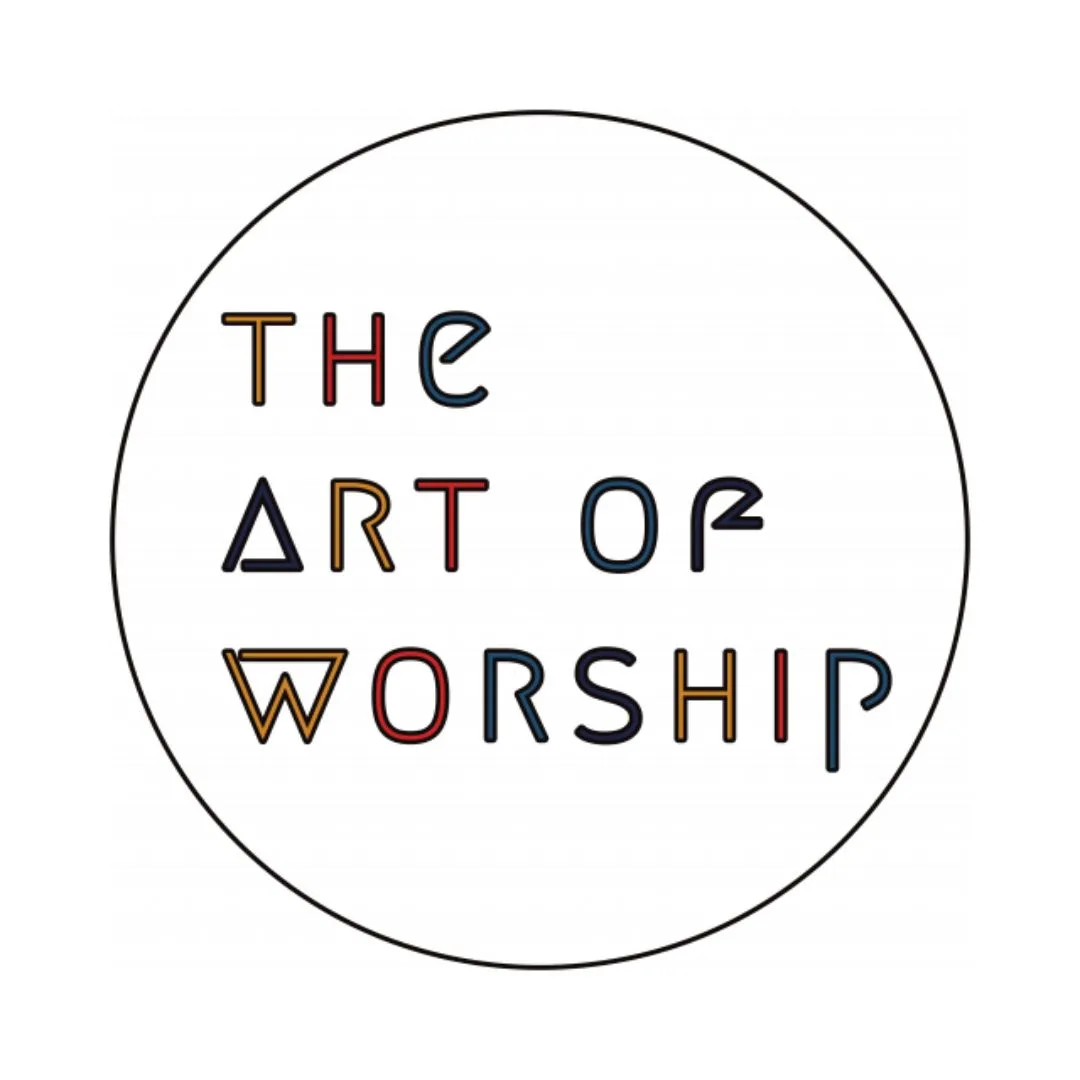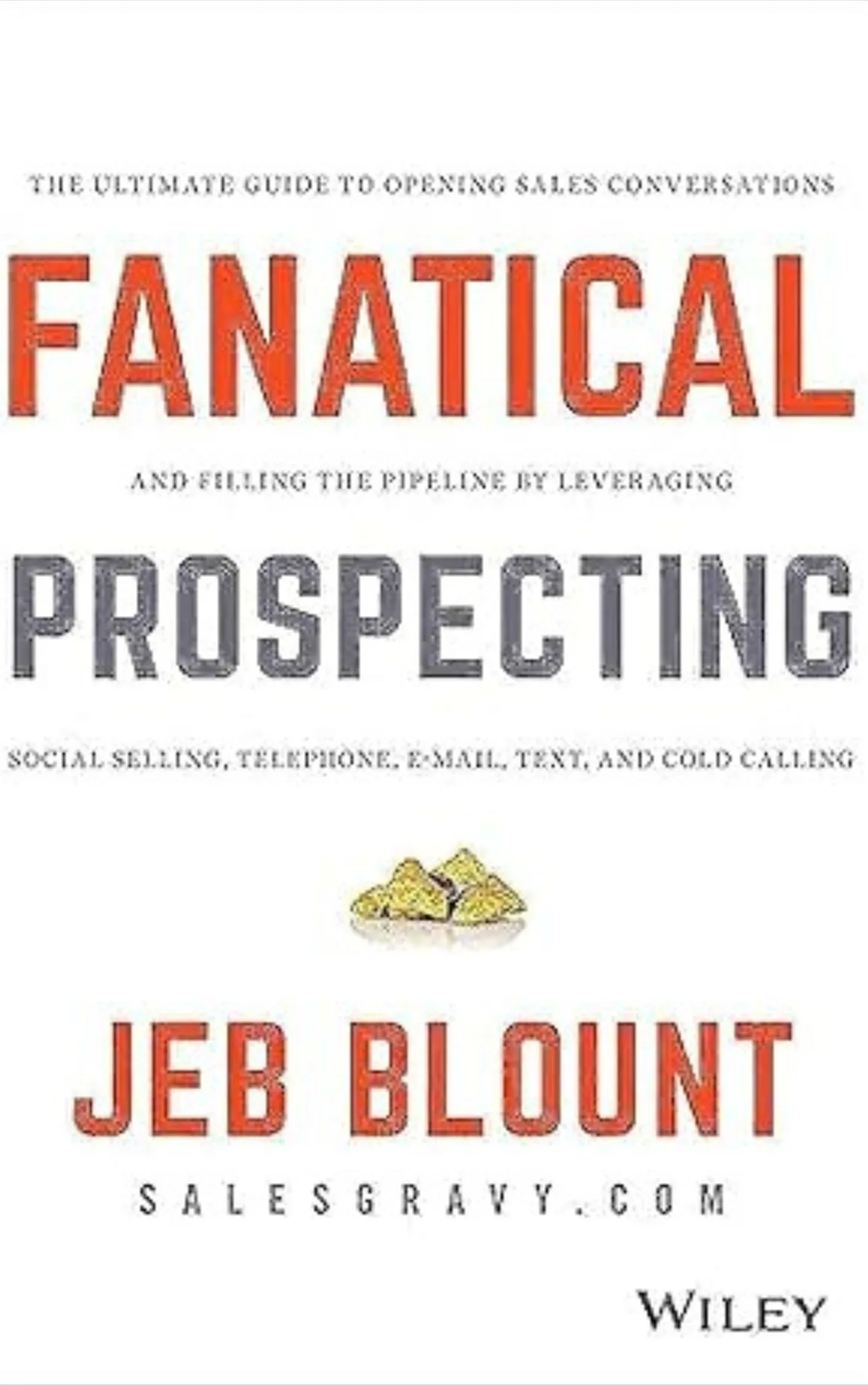“Come now, you who say, ‘Today or tomorrow we will go to such and such a city, and spend a year there and engage in business and make a profit.’ Yet you do not know what your life will be like tomorrow. You are a vapor that appears for a little while and then vanishes away. Instead, you ought to say, ‘If the Lord wills, we will live and also do this or that.’ But as it is, you boast in your arrogance. All such boasting is evil”
It is common in the business world to proclaim how much money you are going to make. So many entrepreneurs wake up every morning and turn on their podcasts to listen to somebody talk about how to design your future.
Since 2018 when I started in real estate, much of my daily intellectual diet has consisted of listening to or reading experts in the real estate industry or other entrepreneurs. While I do not want to tell you outright that such content is garbage, there are some helpful ideas that you can glean from those materials. I do, however, want to increase the skepticism in which Christians consume this content such that we can use Scripture as our lens and understand that when we are reading a text about business from a non-Christian source, we should read in the same light as Paul would have read the pagan philosophers.
Earlier this year, I became convinced I was not being consistent as a Reformed presuppositionalist regarding my business. I was happy to let Jesus change how I thought about my apologetics, but when it came to my business, I wanted to be confident that I was in control of how much money I made. That is what these books want you to think. That is the modern-day philosophy in business. Even Christians listen to these gurus and think they are receiving sound wisdom in the business they are studying: to show themselves approved.
Yet subtly, we are showing ourselves not to be approved by the way we think about our businesses and how we act in our businesses. I have noticed that when I try to make this distinction, many Christians will say my language is harsh when I compare business literature to other religious writings like the Book of Mormon by Joseph Smith or Dianetics by L. Ron Hubbard, to which I say you can pull potential interesting things from those books too, even as they are filled with poison. Scripture tells us that unless any professed wisdom is built on the foundation of Christ, the solid rock, our house will fall. Proverbs 1:7 tells us that the fear of the Lord is the beginning of knowledge. This also means that the fear of the Lord is the beginning of any knowledge, even in business.
At first, the distinction I am going to make might sound like a hair’s breadth, but biblically speaking, they are worlds apart. When we talk about how much money we will make this year or that year and have confidence that advances beyond what we should have as creatures, we are in sin. And for that matter, if we have anxiety about our business, we are also in sin. This is what James has to say:
“Come now, you who say, ‘Today or tomorrow we will go to such and such a city, and spend a year there and engage in business and make a profit.’ Yet you do not know what your life will be like tomorrow. You are a vapor that appears for a little while and then vanishes away. Instead, you ought to say, ‘If the Lord wills, we will live and also do this or that.’ But as it is, you boast in your arrogance. All such boasting is evil” (James 4:13-16).
It took me so long to notice that James calls us to speak and live in this manner. When you hear business owners or entrepreneurs talk about how much money they will make, it is usually an evil boast. Instead, I want to learn as a business owner to speak in a way that glorifies God. I want to avoid looking at my numbers and project how I will conquer the world next year. Instead, I can keep the same goals, so long as they are not sinful in themselves, and I do not think building wealth is wrong. Scripture commends the man who could leave an inheritance for his children’s children (Prov. 13:22), but how we speak about money can very well be sinful.
The Lord alone ultimately takes care of us and sustains us, so I encourage all business owners and entrepreneurs to say constantly, “If the Lord wills, I will continue my business humbly before the Lord. I will meet or exceed my goals this year if the Lord wills it.”
Note that David sinned when taking a census. Now, I do not think it is foolish to know details and numbers about our business that help us make wise decisions, which the Scripture would commend, but the heart of the sin, either in pride, anxiety, or both, can be seen here.
“Then David’s heart struck him after he had counted the people. So David said to Yahweh, ‘I have sinned greatly in what I have done. But now, O Yahweh, please take away the iniquity of Your slave, for I have acted very foolishly.’” (2 Sam. 24:10)
Of course, as with any sin, the important part to note in this verse is how David moves forward by asking the Lord for forgiveness, which should be our modus operandi in our business as we make sinful errors. I would encourage business owners and entrepreneurs to also take the focus off of how much money they might make doing this, that, and the other, but rather have the two greatest commandments in mind: to love the Lord your God with all of your heart, soul, and mind, and to love your neighbor as yourself.
Do not approach any endeavor with a heart that says I am going to accomplish all my goals, but rather say in your heart if the Lord wills.
For further reading

Jake Beal
Since 2018, Jake Beal has been working as a realtor in Spokane, WA. He also holds a master’s degree in Music Composition. His interest in theology was sparked during his studies at Moody Bible Institute in Chicago, Illinois. Jake has been happily married to his wife, Heide, since 2015.
December 11, 2023

More from Jake Beal
Abundance Mindset and Lead Insecurity
Money is talked about so much in the scriptures as a spiritual health indicator.
The Difference Between The Righteous Wealthy and The Wicked Rich
How can a Christian be wealthy? It is easy for us in the Reformed tradition to get comfortable in our belief that God saves by faith alone. Sometimes, we get so comfortable that we miss out on how dire Jesus’ language is regarding certain sins.






